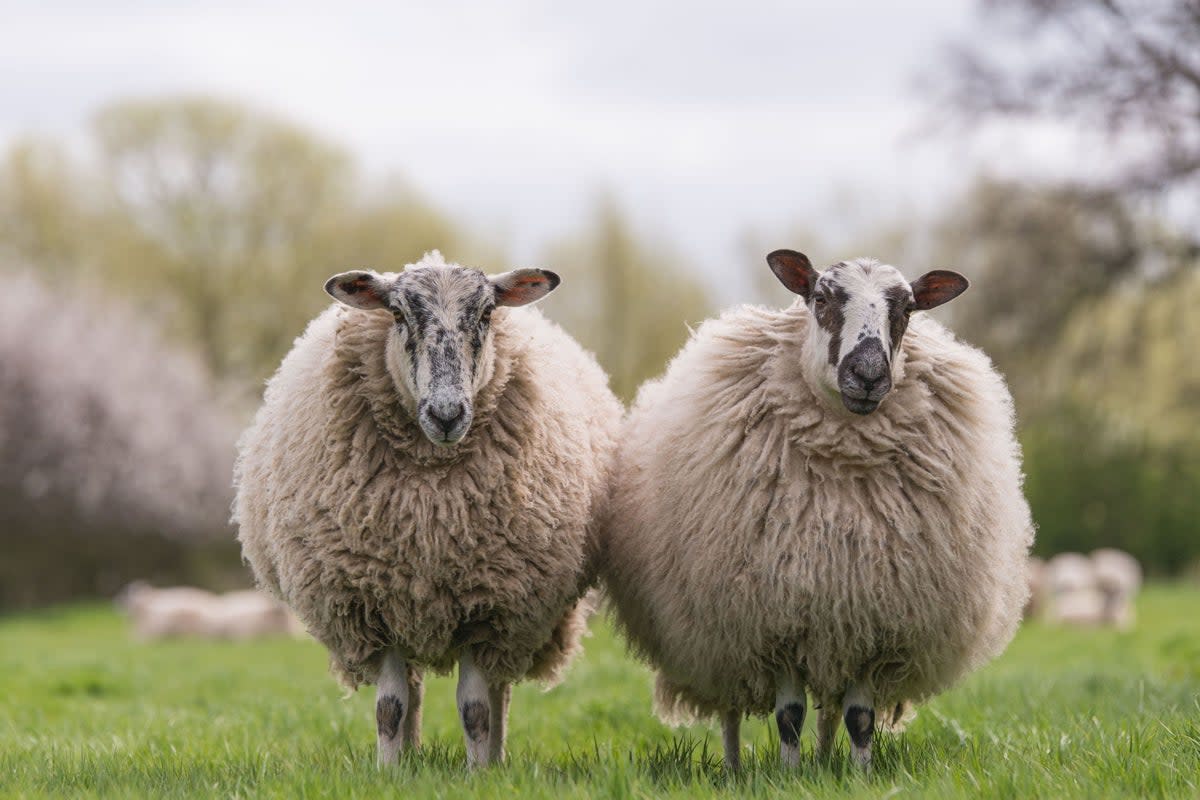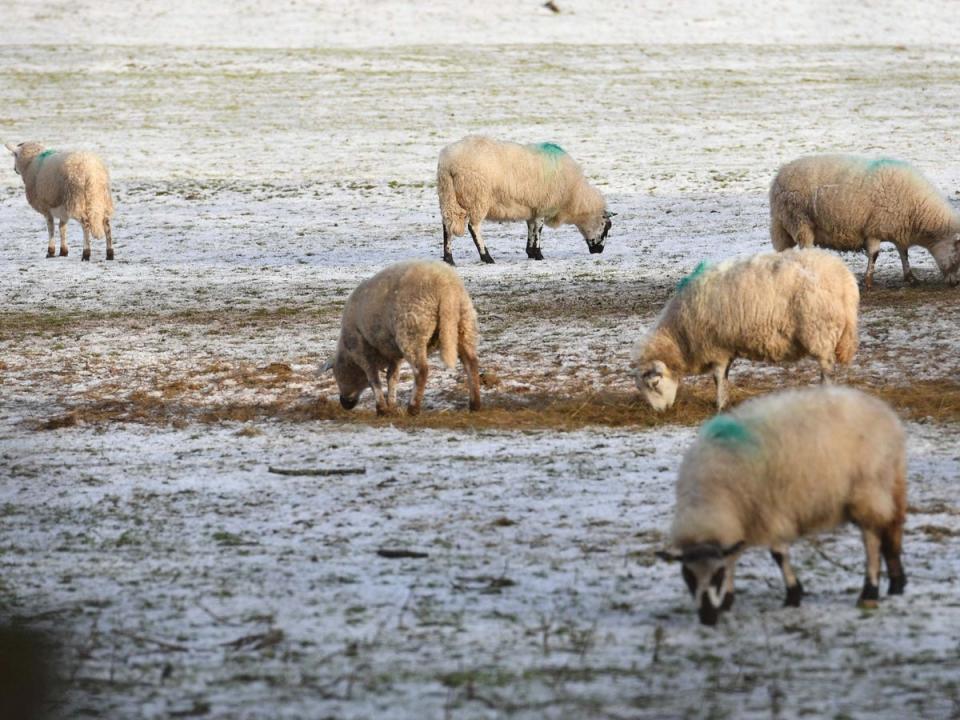Farmers burn wool in protest over ‘measly’ prices in Britain

British farmers say they have been forced to burn their sheep’s wool rather than sell it because of the “measly” prices they sell for in the UK.
As demand for mass-produced synthetic fibres increases, flock owners claim they are being offered too little for farmed goods.
In the 1950s, a British farmer could fetch £14 per kilogram of fleece and the ‘wool cheque’ would often cover a farm’s rent. But this value has plummeted to less than 72p in 2022 - with Covid and the rise in synthetic fibres worsening the situation.
Lincolnshire farmers Jade Bett and her husband Richard are some of the farmers who no longer believe selling their wool is financially viable at such a “measly” cost.
The pedigree sheep breeders, who tend to a flock of 260 in Yarburgh, say they are burning their wool “out of protest as well as out of practicality”.
Many farmers sell their fleeces through British Wool, a public body that was established in 1950. A spokesman for British Wool told The Independent that prices are improving.

“It’s a sad situation”, Mrs Bett told the BBC. “I might get a cheque for 30 quid.”
She added: “I’ve got to take my time and transport it. It’s not worth it.”
Wool prices first began to decline in the 20th century as international markets started to offer mass-produced cheaper synthetic materials.
With the rise of sustainable and environmentally friendly fashion, there has been a recent resurgance of interest in British wool.
Some farmers, such as Karen Hames from North Lincolnshire, have embraced this trend and make blankets from the wool.
“Fashion designers need to come and look to see what fleeces farmers have to offer,” Ms Hames told the BBC. “That would be the icing on the cake for me.”
The National Sheep Association sympathised with farmers but also said burning fleece in protest could see the end of British wool altogether.
“If everyone has that attitude of ‘it’s costing me too much money to send it, I’m going to burn it and bury it’, then British wool is no more,” Nicola Noble said.
British Wool told The Independent that the majority of the material comes to the organisation and is sold for use in a wide range of products across the world.
They also added that prices are in fact rising for the wool by up to 25% at auction.
“Wool prices are increasing, and we have seen a 25% increase in our auction prices since September,” a spokesperson said.
They added: “We work with many farmers who use their own wool to produce amazing products and would always encourage and support this kind of entrepreneurial spirit.
“We urge any farmers thinking of burning their wool to contact us.”

 Yahoo Lifestyle
Yahoo Lifestyle 
